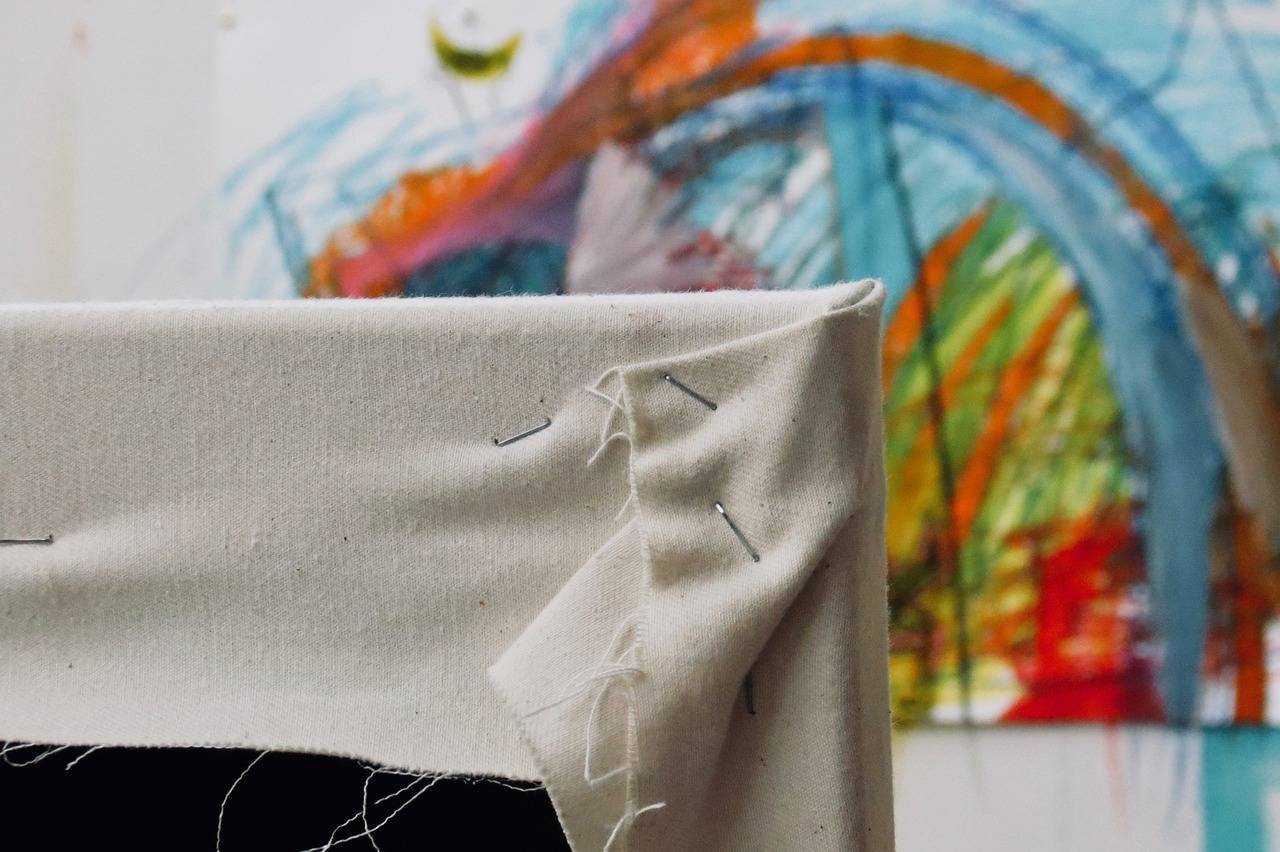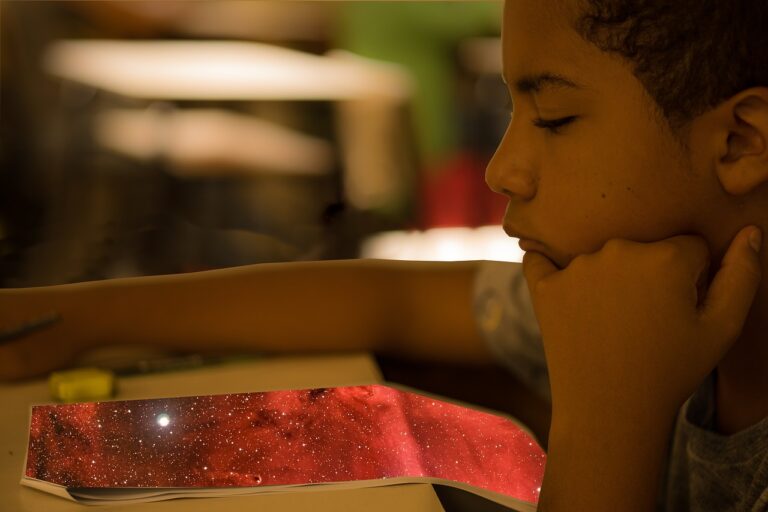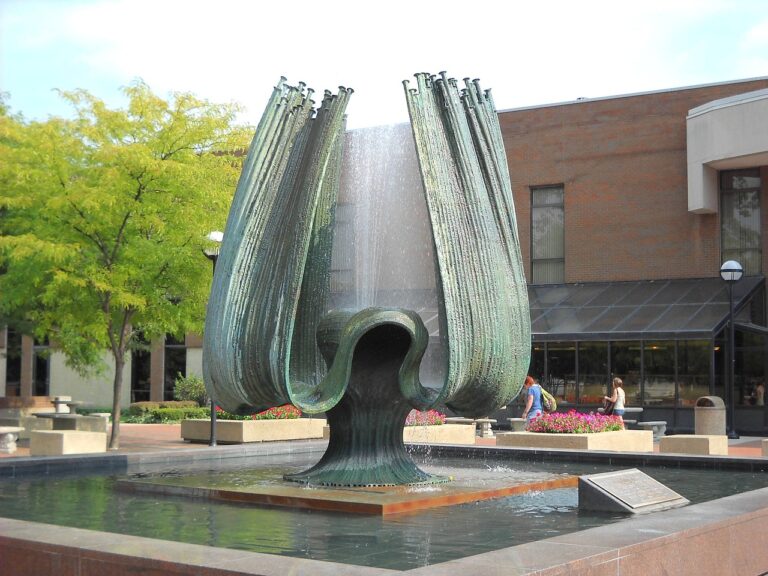Exploring the Role of Creativity in Problem-Solving Skills
Creativity plays a vital role in problem-solving by allowing individuals to think outside the box and come up with innovative solutions to complex issues. When faced with challenges, employing creative thinking can lead to fresh perspectives and breakthrough ideas that may not be evident through traditional problem-solving methods alone. By tapping into their creativity, individuals can explore unconventional approaches and find unique ways to address problems in more effective and efficient ways.
Moreover, creativity in problem-solving fosters a sense of adaptability and resilience, enabling individuals to navigate obstacles with agility and resourcefulness. The ability to think creatively not only enhances problem-solving abilities but also cultivates a mindset that embraces change and uncertainty. This mindset is invaluable in today’s fast-paced and dynamic world, where the ability to adapt and innovate is essential for success in both personal and professional realms.
Understanding the Relationship Between Creativity and Critical Thinking
Creativity and critical thinking are often regarded as distinct cognitive processes that serve unique purposes. However, a closer examination reveals that these two skills are closely intertwined in problem-solving scenarios. While creativity involves generating novel ideas and thinking outside the box, critical thinking helps in evaluating these ideas and determining their feasibility.
In essence, creativity provides the fuel for innovation and originality, while critical thinking acts as the engine that drives these ideas towards practical implementation. Without creativity, critical thinking may result in conventional solutions that fail to address the root of complex issues, while an overreliance on creativity without critical evaluation may lead to impractical or unfeasible outcomes. By striking a balance between creativity and critical thinking, individuals can enhance their problem-solving abilities and cultivate a more holistic approach to overcoming challenges.
How does creativity enhance problem-solving skills?
Creativity allows individuals to think outside the box and come up with innovative solutions to complex problems. It helps them approach challenges from different perspectives and generate unique ideas.
Can critical thinking be considered a form of creativity?
While critical thinking and creativity are distinct skills, they are closely related. Critical thinking involves analyzing and evaluating information to make informed decisions, while creativity involves generating new ideas and possibilities. Both skills are essential for effective problem-solving.
How can individuals develop their creativity and critical thinking skills?
There are several ways to enhance creativity and critical thinking, such as engaging in challenging tasks, seeking feedback from others, exploring new perspectives, and practicing mindfulness. Additionally, engaging in creative activities like brainstorming, mind mapping, and storytelling can help individuals tap into their creative potential.
Why is it important to cultivate both creativity and critical thinking skills?
Cultivating both creativity and critical thinking skills is essential for success in today’s rapidly changing world. These skills enable individuals to adapt to new situations, solve complex problems, and make informed decisions. By harnessing the power of creativity and critical thinking, individuals can become more innovative and effective problem-solvers.





